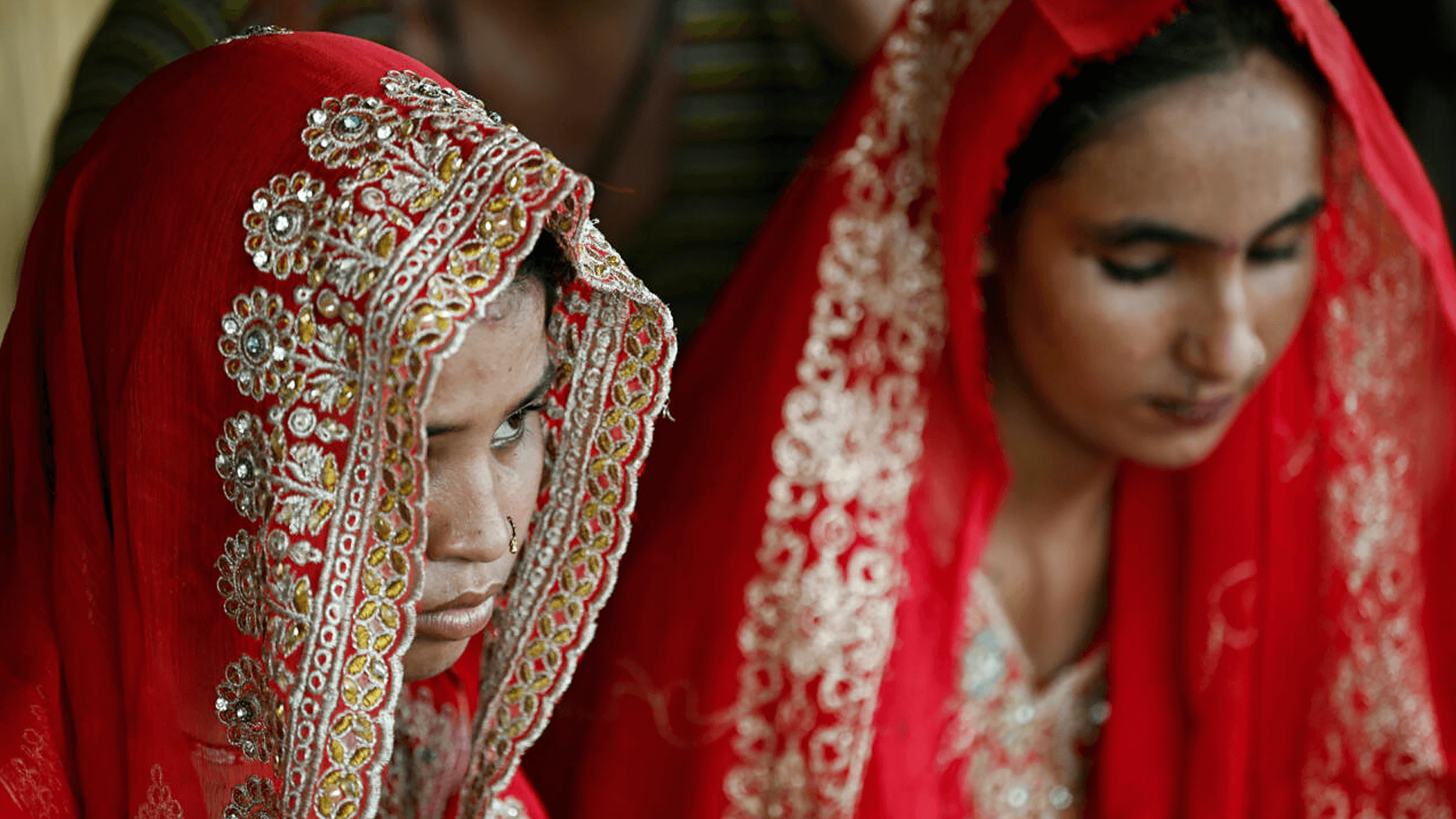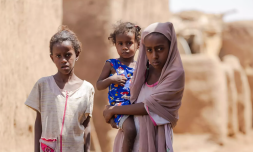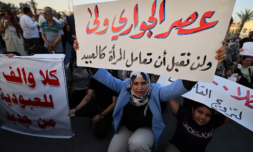How much can change in just a few seconds? According to Child Marriage Data, a young girl marries somewhere in the world every three seconds. In this grim reality, Pakistan’s new law banning child marriage stands out as a rare ray of light.
NGOs, international and local organizations, and governments have been working together to end child marriages for years, a violence of rights that mainly targets women and young girls. Canada and Zambia, for example, have been putting effort into the UN’s resolution to end underage union for 11 years.
Now, Pakistan is taking a meaningful step in the same direction. President Asif Ali Zardari signed the law banning child marriage on May 30th. From now on, the legal age for marriage in the capital will be 18 for everyone, and forced unions will be a criminal offense.
Thank you President @AAliZardari for signing into law the #ChildMarriageRestraint bill despite all pressure! Proud moment for #Pakistan
Thank you to all the women and men who made this possible after a long journey of twists and turns. 🙌 pic.twitter.com/pSUr7aBNon— SenatorSherryRehman (@sherryrehman) May 30, 2025




















